The Organization for Economic Cooperation and Development (OECD) has just announced the results of PISA 2022. Accordingly, Vietnamese students scored 469 points in math, 462 points in reading comprehension and 472 points in science, 3 - 14 points lower than the average of OECD countries.
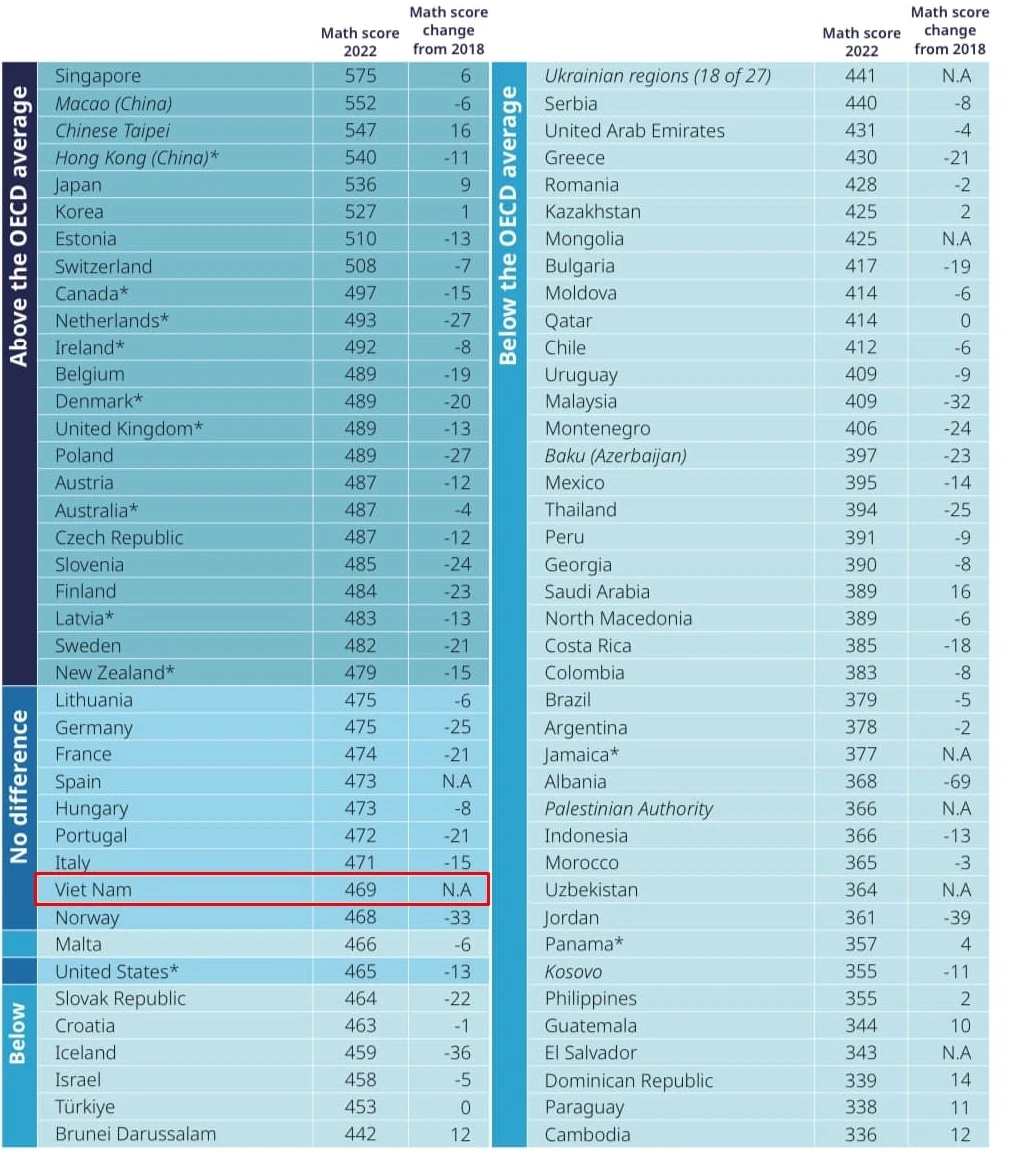
Vietnam's results and rankings at PISA 2022, announced on December 5
Compared to the 2018 assessment, Vietnamese students' average math score decreased by 27 points, reading comprehension and science decreased by 43 and 71 points, respectively.
In terms of rankings, Vietnamese students are at an average level in math, but below average in reading and science. Specifically, among 73 countries and 8 territories participating in PISA 2022, Vietnam ranked 31st in math, 34th in reading and 37th in science.
Since Vietnam joined the PISA rankings in 2012, this year's rankings are the lowest, with a drop in all areas. In particular, math results dropped 7-14 places, reading comprehension dropped 2-21 places, and science dropped 27-31 places.
Vietnam has participated in PISA four times. In its first participation in 2012, Vietnam achieved good results with 511 points in math, 508 points in reading comprehension and 528 points in science.
By 2015, PISA focused on the science field, which was also the second time Vietnam participated and achieved results above the OECD average (science field achieved 525 points, mathematics achieved 495 points and reading comprehension achieved 487 points).
In 2018, Vietnamese students scored 505 points in reading comprehension, the 13th highest among 79 participating countries and territories, up 19 places compared to the 2015 cycle. In mathematics, Vietnam scored 496 points, the 24th highest. In science, Vietnam scored 543 points, the 4th highest.
According to the report, the general trend of PISA 2022 results is decreasing, with OECD countries experiencing an "unprecedented" decline. Students in OECD countries lost an average of 15 points in math, 11 points in reading and 2 points in science.
Is it because of the Covid-19 epidemic?
At the scientific conference on educational methods and assessment of learners' qualities and abilities organized by the Vietnam Institute of Educational Sciences today, December 6, the Institute's Director, Professor Le Anh Vinh commented: a trend in all four PISA exams of Vietnam is that we have a relatively low ratio of the lowest scoring group and the ratio of the highest scoring group compared to countries with equivalent scores.
Also according to Professor Le Anh Vinh, if we analyze the score groups, we will see that in the group of 25% with the highest results and the group of 25% with the lowest results in Vietnam, the score gap is about 78 points.
This is equivalent to about 2.5 years of schooling. Notably, this gap is higher than the gap in our first year of participating in PISA in 2015 (that year the gap was more than 60 points). However, this gap is still low compared to the OECD average of more than 90 points (a gap of about 3 years of schooling).
Professor Vinh emphasized: "This gap in scores is a huge gap between students with the best learning conditions and those with the most difficulties. The difference between the children can be about 3 years of schooling and we certainly have to do a lot to narrow this gap."
Professor Le Anh Vinh raised the question: "The 2022 PISA exam was scheduled to be held in 2021, but had to be postponed one year from the scheduled date due to the Covid-19 pandemic. This pandemic certainly affects the quality of education worldwide, but the story is "difficult for others, difficult for us", why is everyone affected by the pandemic but our country seems to be more severely affected than other countries?".
Mr. Vinh also said: "Vietnam's PISA results are still very good. Here, I want to ask the question: whether Vietnamese students in the past 2 years due to the pandemic, we have maintained their studies but have regular testing and assessment, and the 10th grade entrance exam changed to affect the results? This needs to be studied more carefully and deeply, but clearly we see that testing and assessment throughout the learning process will affect the overall results of students."
PISA (Programme for International Student Assessment) is an international student assessment program, initiated by the Organization for Economic Cooperation and Development (OECD) on a global scale, every 3 years, assessing the capacity of 15-year-old students in three areas: reading comprehension, mathematics, and science.
Each term, one area is selected for further assessment, called a focus area, and is used as a basis for ranking the quality of education in countries. In 2018, it was reading comprehension.
The first cycle of PISA was assessed in 2000. Initially, PISA was designed to be assessed using paper-based tests. However, by 2018, most countries had switched to computer-based testing, with only 9 countries still taking the paper-based test, including Vietnam.
Source link





![[Photo] Keep your warehouse safe in all situations](https://vphoto.vietnam.vn/thumb/1200x675/vietnam/resource/IMAGE/2025/10/1/3eb4eceafe68497989865e7faa4e4d0e)






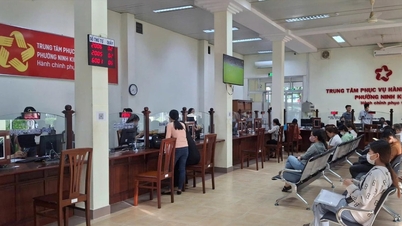







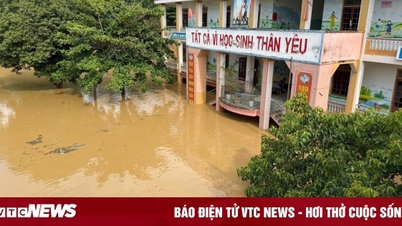

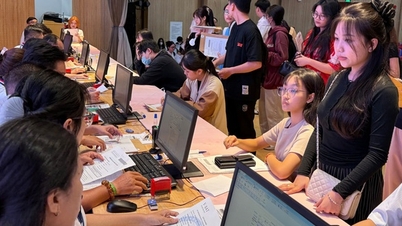
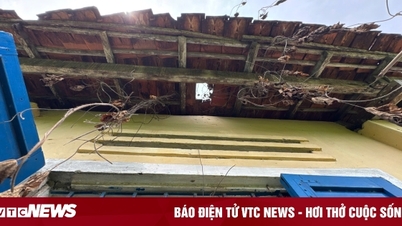





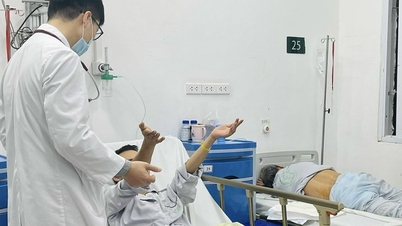





![[Photo] President of the Cuban National Assembly visits President Ho Chi Minh's Mausoleum](https://vphoto.vietnam.vn/thumb/1200x675/vietnam/resource/IMAGE/2025/10/1/39f1142310fc4dae9e3de4fcc9ac2ed0)



























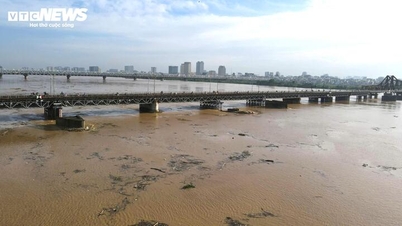



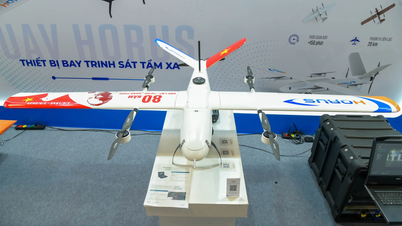










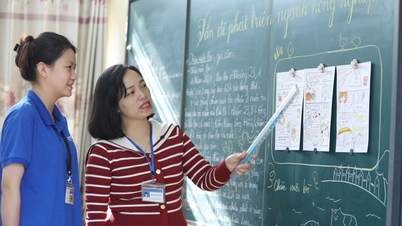

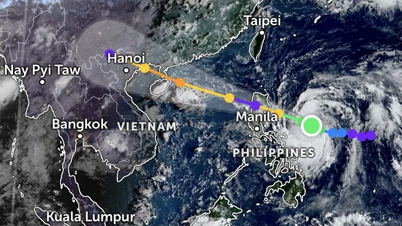

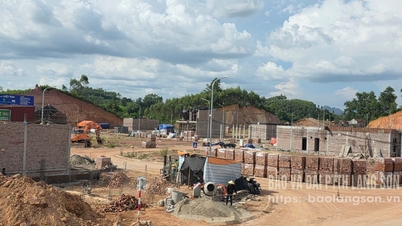
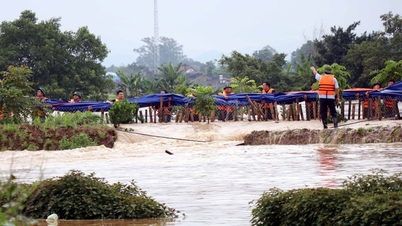
















Comment (0)